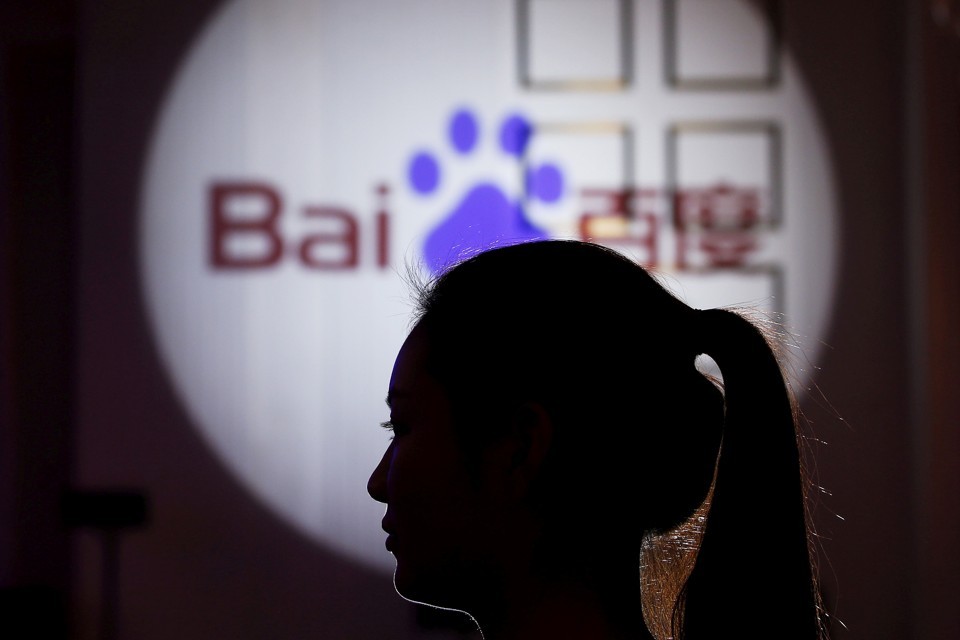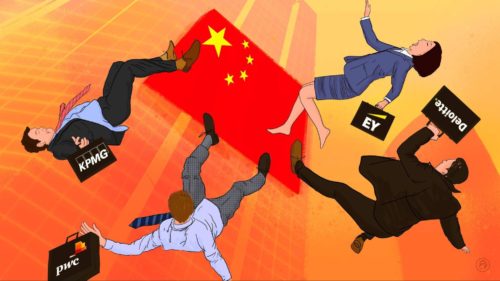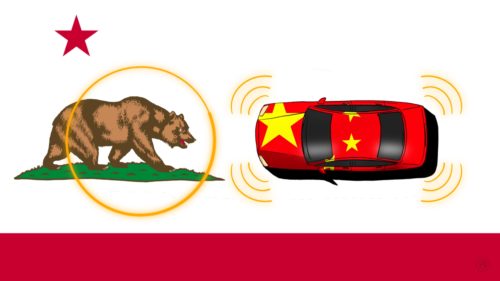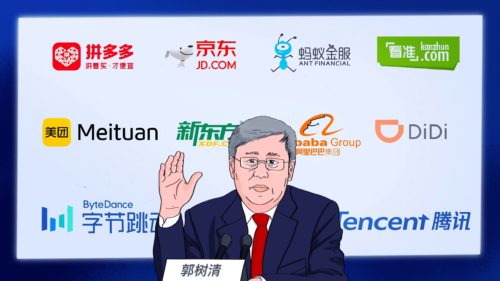Billions and billions for ride-share giant Didi and Tesla
Top business and technology news for March 28, 2017. Part of the daily The China Project news roundup "Violent protests in Paris after police shoot Chinese man."

Didi Chuxing, China’s largest ride-hailing service, which bought Uber’s business in the country last year, is negotiating a $6 billion investment deal with SoftBank Group, Bloomberg reports today. If the deal is closed, it could be the largest bet that the Japanese billionaire Masayoshi Son has placed on a Chinese technology startup. Didi, whose other investors include Alibaba and Tencent, amassed $10 billion of cash and equivalents last year. The additional funds from SoftBank could likely be used in driverless technology and “potentially on international expansion,” according to the New York Times (paywall). Analysts currently value Didi at around $35 billion.
Meanwhile, the Beijing-based startup is facing difficulties, as many cities are introducing rules that limit the number of private cars and drivers that ride-sharing companies can have. NPR says that regulators are concerned that “these ride-hailing jobs are bringing too many migrants into their cities.” In a village on the outskirts of Beijing, many residents were driving for Didi and Uber, but they only got into the business when the two ride-hailing services were competing for drivers and offering bonuses. However, when Uber was bought by Didi last August and more restrictive rules were introduced to ban out-of-town cars and drivers, hundreds of people lost their source of income, but they still had to pay for their cars’ maintenance. Didi claimed that it created 17 million part-time jobs last year, including 2.4 million to workers laid off from state-run coal and steel plants.
In other auto news, electric car manufacturer Tesla has raised about $1.78 billion from Tencent, the firm behind the WeChat messaging app. Tesla currently has 24 stores in mainland China, 114 supercharging stations, and 348 regular charging stations.
- China’s secret plan to crush SpaceX and the U.S. space program / CNBC
- American Airlines buys China Southern stake as traffic booms / NYT (paywall)
- How China’s bank behemoths make money on the debt war / Bloomberg
- New Zealand and China plan to expand free-trade deal / Bloomberg
- Fallout from China Huishan Dairy spreads / Financial Times (paywall)
- China joins race for booming Indian car market / CNN





